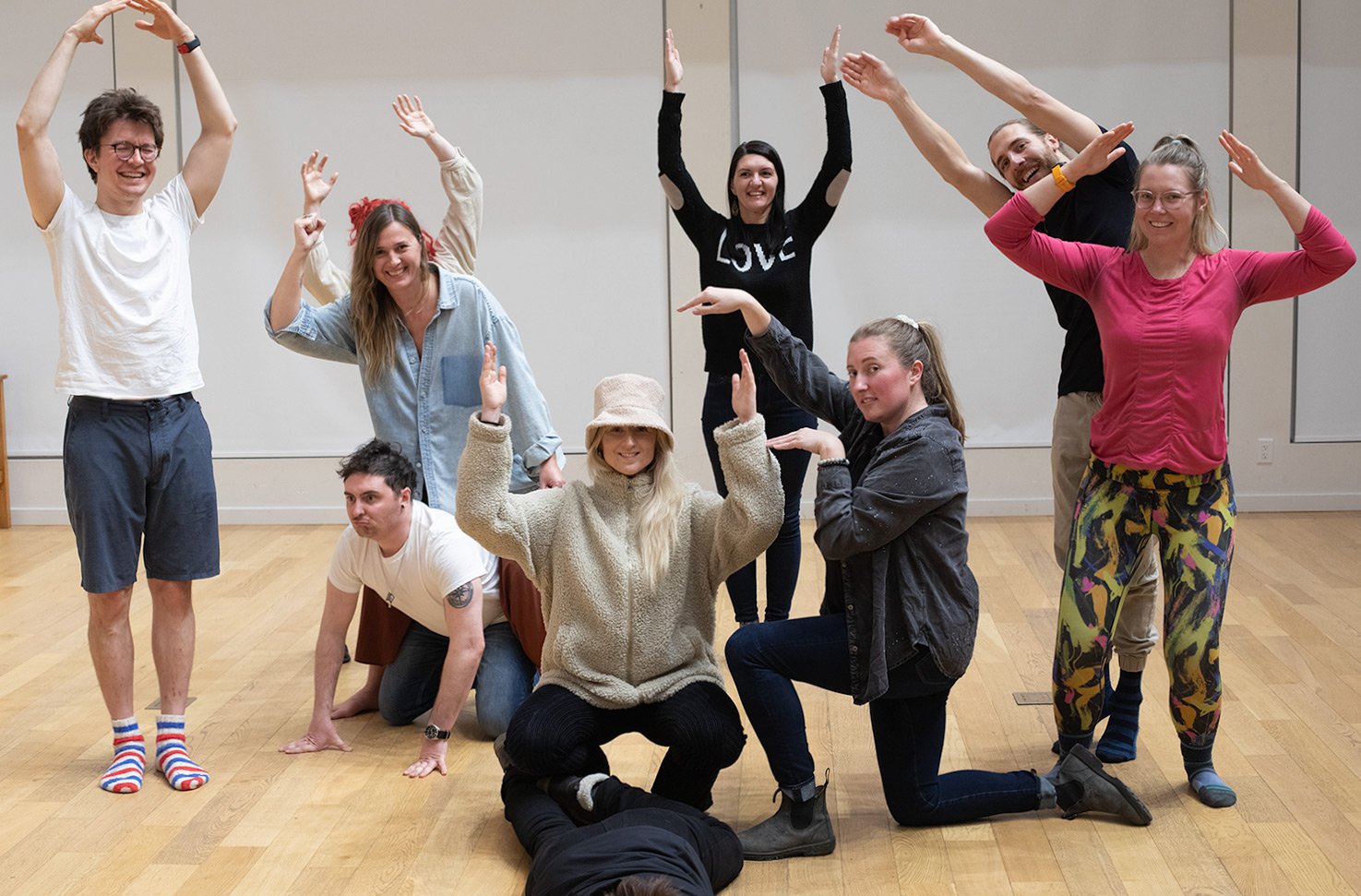
What is Improv?
“The rules of improvisation apply beautifully to life. Never say no - you have to be interested to be interesting, and your job is to support your partners.”
— Scott Adsit
What is Improv?
Improv, or improvisational theatre, is the art of creating performances without a script, where every scene, character, and dialogue is made up on the spot. This dynamic form of live theatre emphasizes spontaneity, collaboration, and the sheer joy of instant creativity. Participants, often called "improvisers," rely on their quick wit, cues from their fellow performers, and sometimes suggestions from the audience to craft stories, scenes, or sketches.
At the heart of improv lies the principle of "Yes, and..."—a foundational tenet that encourages accepting what others provide (the "Yes") and then adding to it (the "and...") to build scenes collaboratively. This principle fosters an environment of support where every idea is welcomed and can lead to unexpected, often hilarious, outcomes.
Why do People Love Improv?
It's not just about the laughter (though there's plenty of that). Improv teaches flexibility, listening, teamwork, and the courage to step into the unknown. Whether you're an audience member or a performer, improv has a unique way of reminding us of the power of the present moment and the incredible creativity we all possess.
Discover the world of improv—where the unexpected is the norm, collaboration is the key, and every performance is a one-of-a-kind experience.
Improv Helps You:
• Yes, And...: This foundational concept involves accepting what another participant has created ("Yes") and then adding to it ("And"). It promotes collaboration and builds on the ideas of others, pushing scenes and interactions forward in a constructive manner.
Listening and Awareness: Improv requires keen attention to what's being said and done by others to respond appropriately and keep the scene flowing. This demands being fully present and engaged, qualities that are valuable in everyday life and work.
Adaptability and Flexibility: Since nothing in improv is predetermined, participants must be ready to change direction at a moment's notice. This teaches flexibility and helps develop the ability to think quickly and creatively in uncertain situations.
Failure as a Path to Learning: Improv encourages embracing mistakes as opportunities for creativity and humor. It fosters an environment where failure is not feared but seen as part of the process of innovation and discovery.
Teamwork: Improv scenes often involve multiple participants, requiring a sense of ensemble and cooperation. Success depends on the group's ability to work together, support each other's ideas, and share the spotlight.



